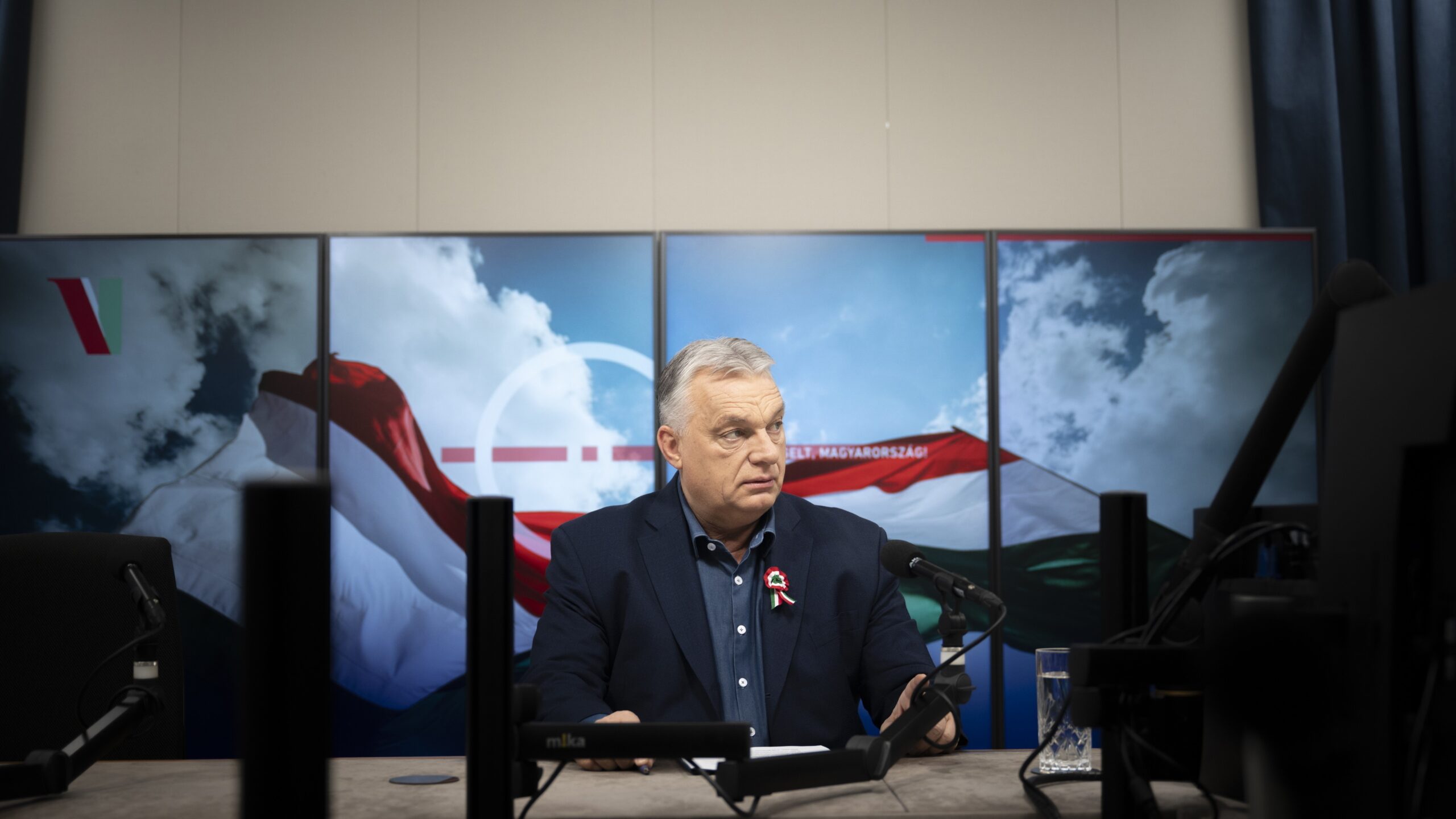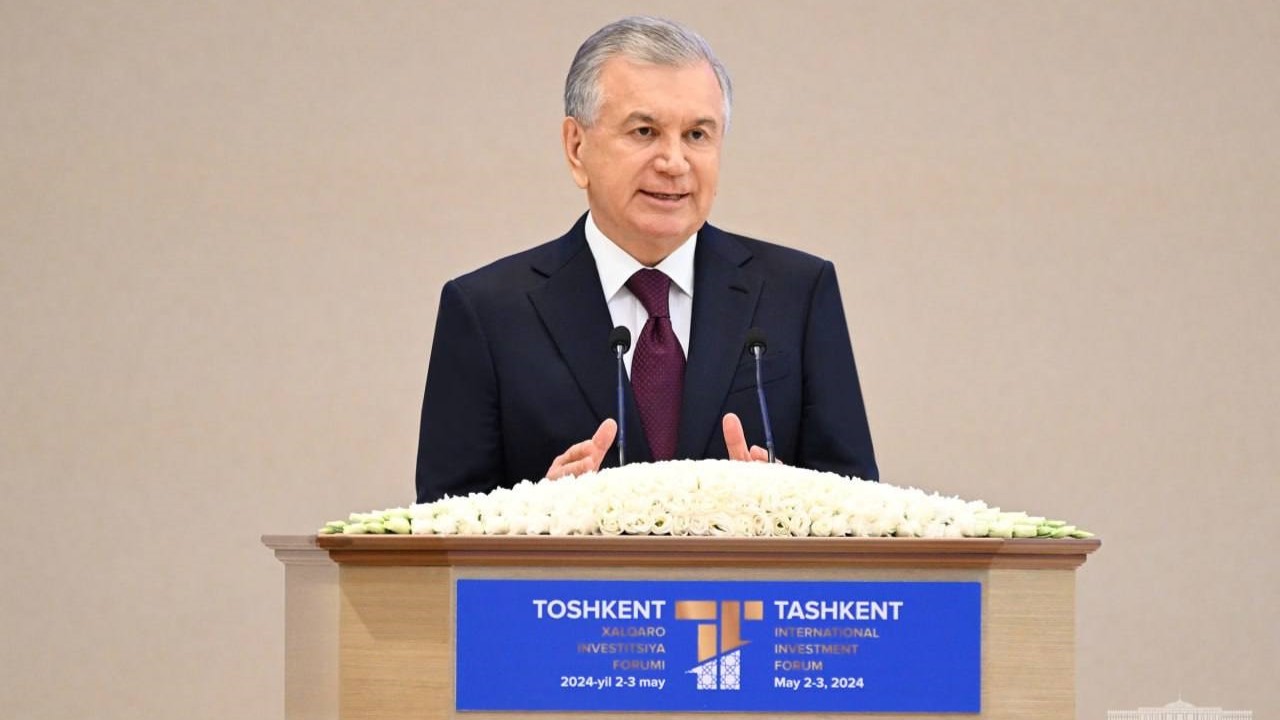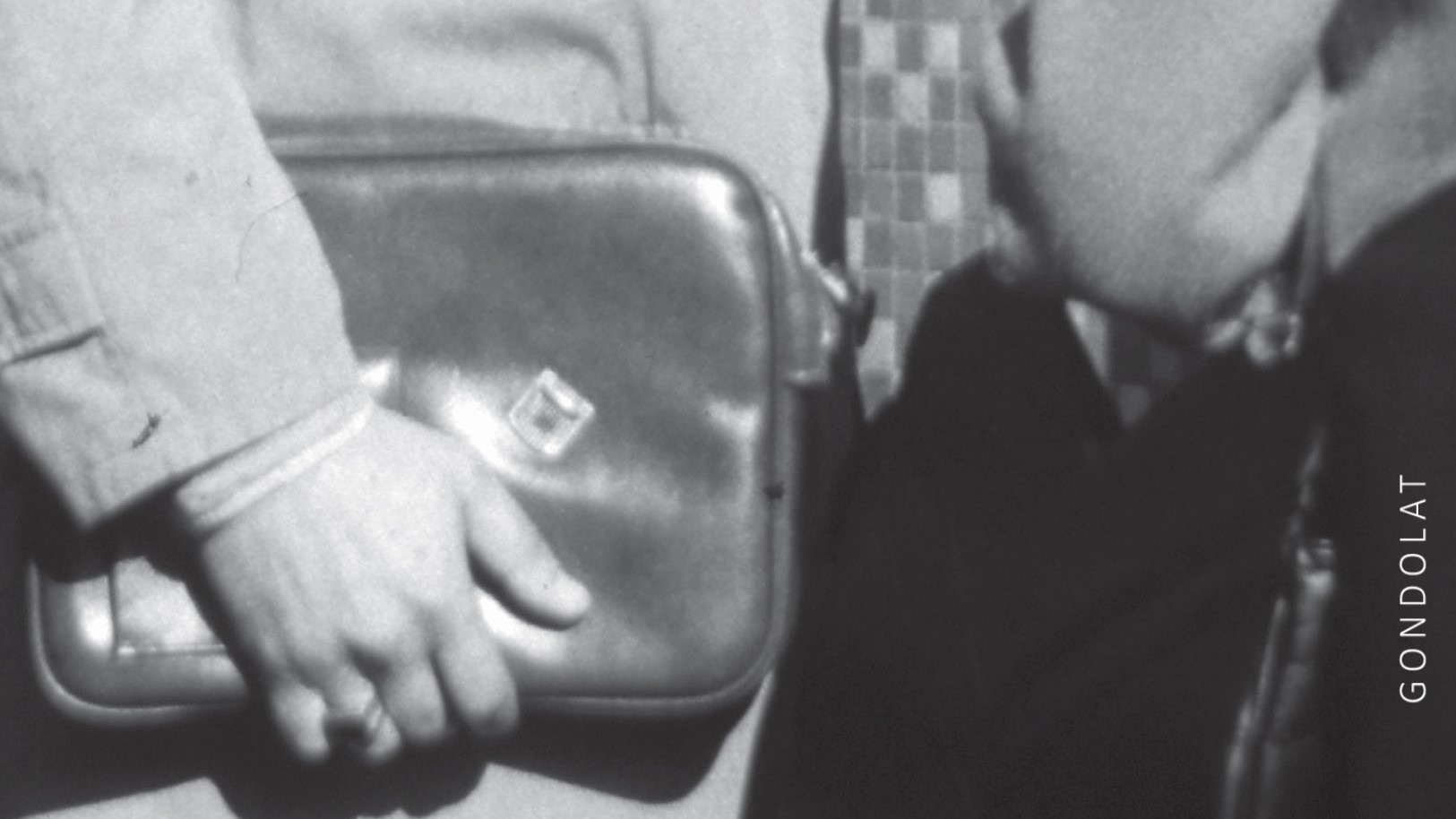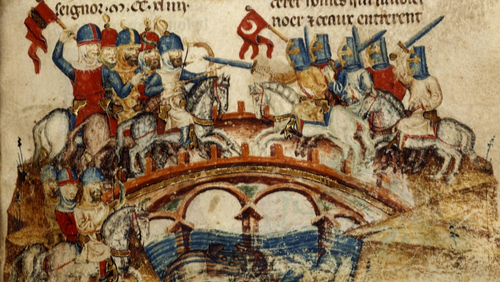
Viktor Orbán: ‘Hungary will not kneel before the Ukrainian president’
Hungarian PM Viktor Orbán warned that admitting Ukraine into the EU would mean dragging the war into Europe. He criticized Western leaders, accused Brussels of overreach, and insisted Hungary won’t be drawn into conflict or dictated to by Kyiv.










